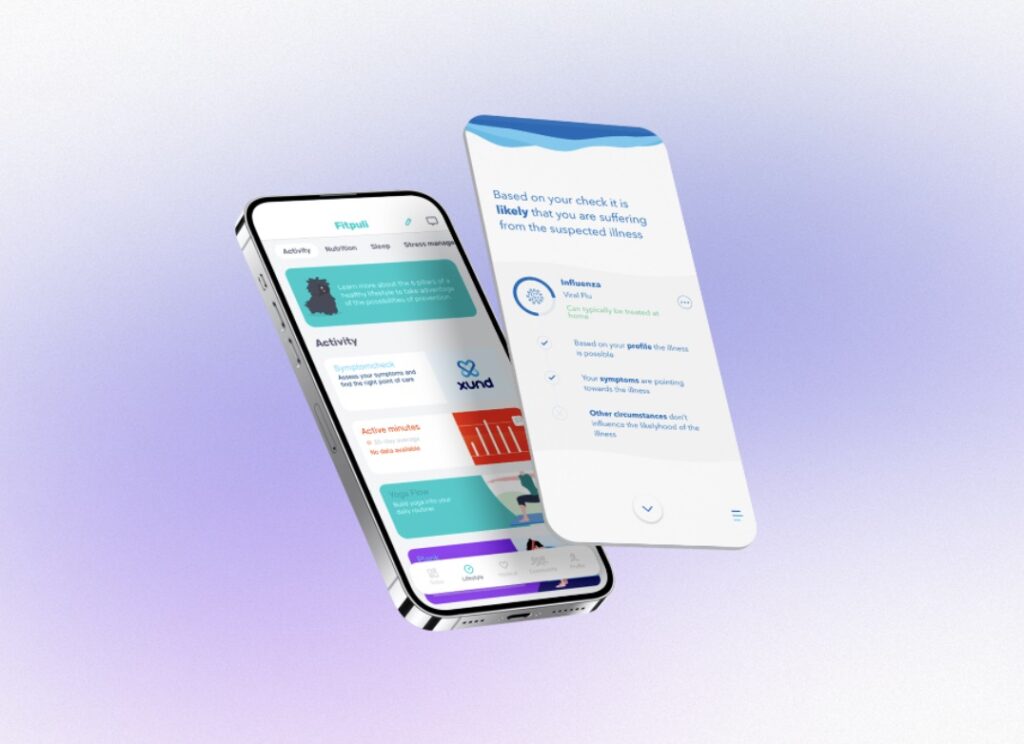Quiet quitting, the current nightmare of HR professionals – should we worry?
What is quiet quitting, the topic on so many minds in HR circles these days? And should we really be afraid of this phenomenon? Or is it just that younger generations are taking work-life balance more seriously?
What is quiet quitting?
The ‘quitting’ part of this phrase is somewhat misleading. The phenomenon doesn’t necessarily mean that the employee is planning to resign, or that they aren’t interested in their work, that they aren’t motivated and success-oriented. Of course, the first thing that comes to mind about the concept is that the employee performs the required minimum tasks, but does not strive to exceed them. It’s actually understandable that this can be scary for HR departments. At the same time, there is actually a very simple and understandable demand behind this phenomenon. That is, that employees mark boundaries between their work and their private lives.
Part of quiet quitting is that employees want to find self-fulfillment not only at work. They want to spend their free time in a meaningful way, with family, friends and hobbies that are important to them. For them, the often mentioned work-life balance is not only important at the level of words. They might have absolutely no intention of changing jobs – they just want work time not to overlay with leisure time.
Quiet quitting and workplace wellbeing
Although we talk more and more about the importance of workplace wellbeing, oftentimes it remains only a buzzword. Even if the level of turnover or the number of sick days indicates serious problems, many companies do not change. They do not spend at all on workplace health, stress reduction and team-building programs, or even if they do, they do randomly and not very efficiently.
According to a recent Deloitte research, senior managers and lower-level employees are very much on the same page about one thing: that increasing their well-being is more important to them than advancing their careers. This goal seems to be the more difficult one as well. 74% of the respondents stated that it is difficult for them to achieve their wellbeing goals. Quiet quitting offers a possible answer to this phenomenon. Quietly quitting employees say something like this: ‘I see value in my work, but I don’t see value only in that, it’s also important that I, the person, feel good at work. For this reason, I cannot take on more stress than is absolutely necessary.’ At the level of actions, quiet quitting is about creating the possibility of healthier, happier work together.

Quiet quitting – why now?
Like so many changes in the world of work, the cause of this one is the COVID epidemic: health – and, as a part of it, mental health – has never been more important in the workplace than now, after a pandemic. COVID has taught employers the value of a healthy employee, and taught employees that they need to do something about their own well-being. According to a survey, before the epidemic work-related anxiety affected two-thirds of employees. Sadly, 69% of them thought it was better not to talk about work-related stress with their superiors. This attitude has changed as a result of the pandemic. At the same time, burnout also became a hot topic, and quiet quitting also offers a potential answer to avoid burnout.
And there is another reason for the phenomenon: the arrival of generation Z on the labor market. Well-being and mental health at work are much more important to the young generation than to those who came before them. For example they want to know the extent of the employer taking its share of health care, they are most affected by health-conscious employee branding.
What should the employer do with quiet quitting?
Well, first of all, notice it, and then, instead of being scared, hear what this phenomenon is about. Not about lack of motivation or the desire to change jobs, but about the legitimate need that work – no matter how interesting, exciting or challenging it is – do not dominate the employee’s entire life and mental well-being. Quiet quitting is a necessary solution for employees and a defense mechanism against workplace stress. However, if the company takes active steps to reduce stress and promote the physical and mental wellbeing of its employees, such defense mechanisms will not be necessary. The result: employees in a better mood, who are more energetic, and therefore more motivated and committed. Win-win.
Fitpuli offers comprehensive help for all the problems that quiet quitting points to – even in your company. Let’s talk!
Based entirely on scientific evidence, our digital employee wellness programme has been created for companies looking to win big.
Puli Start
Fitpuli
Improve employee health awareness and productivity, cut illness-related costs
- Fitpuli application
- Team challenges
- Professional attitude test
Puli Plus
Fitpuli + Occupational health
(Currently only available in Hungary)
Combine our digital wellness programme with occupational health services for efficient prevention and increased savings
- Fitpuli application
- Professional attitude test
- Occupational health services
Puli Care
Fitpuli + Insurance
(Currently only available in Hungary)
Improve employee health awareness and cut illness-related costs by offering company health insurance plans and first-class healthcare to your employees.
- Fitpuli application
- Professional attitude test
- Health insurance
Puli Pro
Fitpuli + Occupational health + Insurance
(Currently only available in Hungary)
Choose our most complex and comprehensive health improvement, protection and services solution: combine the digital wellness programme with occupational health services and advanced health insurance plans
- Fitpuli application
- Professional attitude test
- Team challenges
- Occupational health services
- Health insurance
| Module | Puli Start | Puli Plus | Puli Care | Puli Pro |
| Medical |  |
 |
 |
 |
| Lifestyle |  |
 |
 |
 |
| Individual challenges |  |
 |
 |
 |
| Team challenges |  |
 |
 |
 |
| Professional attitude test |  |
 |
 |
 |
| Occupational health services |  |
 |
 |
 |
| Health insurance and medical care |  |
 |
 |
 |
| Medical care |  |
 |
 |
 |
| Appointments |  |
 |
 |
 |
What's included?
| Module | Puli Start | Puli Plus | Puli Care | Puli Pro |
| Medical |  |
 |
 |
 |
| Lifestyle |  |
 |
 |
 |
| Individual challenges |  |
 |
 |
 |
| Team challenges |  |
 |
 |
 |
| Professional attitude test |  |
 |
 |
 |
| Occupational health services |  |
 |
 |
 |
| Health insurance and medical care |  |
 |
 |
 |
| Medical care |  |
 |
 |
 |
| Appointments |  |
 |
 |
 |
Stay in the know
Sign up for our newsletter and never miss another update on digital health care, employee wellness programmes and all things health! Powered by Fitpuli’s health experts.

 Back to the list
Back to the list


